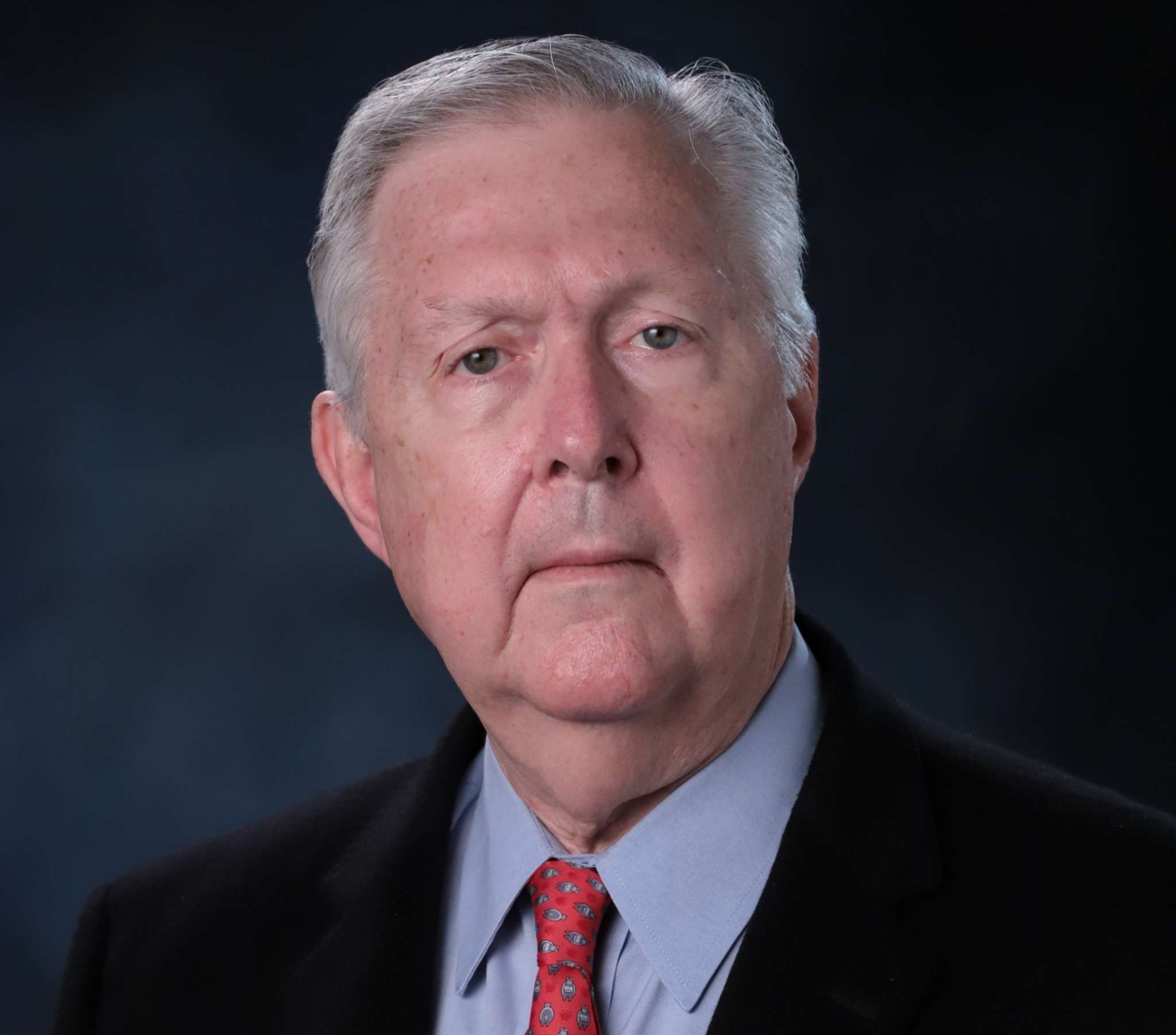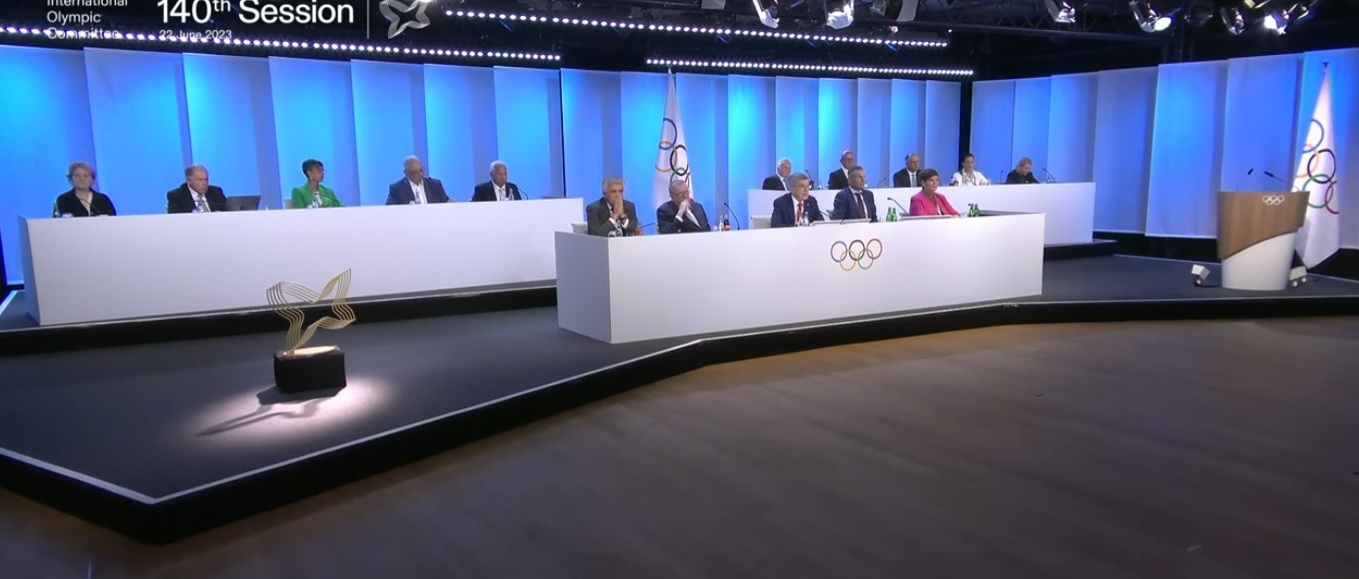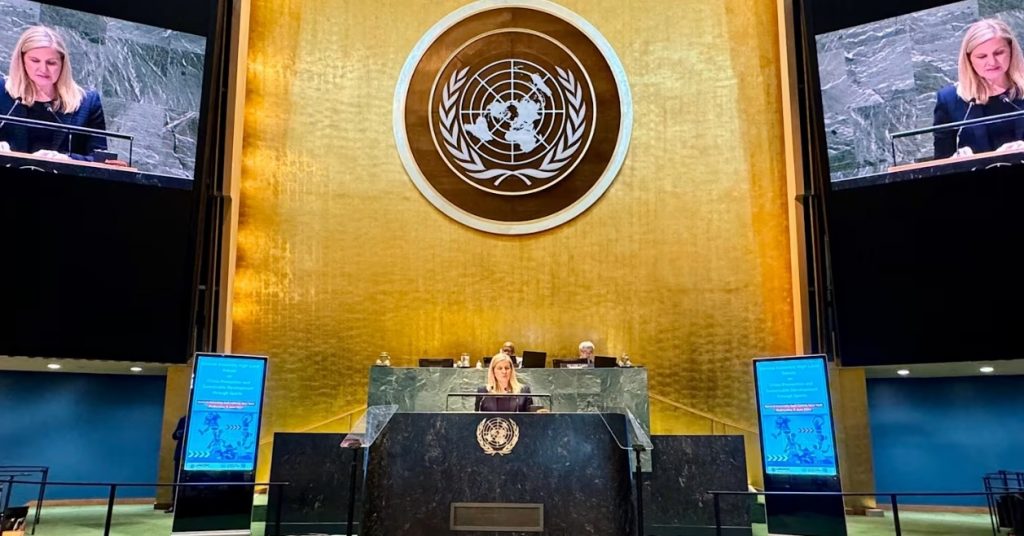A.D. Frazier Was “Critical Leader” for Atlanta Olympics
By Ed Hula
A.D. Frazier is remembered as a tireless second-in-command who “got the job done” for the 1996 Olympics in Atlanta.
Frazier, 80, died Sept. 23 at home in Mountain Bluff, a small town in North Georgia. He was a native of North Carolina. Christened Adolphus Drury, he preferred to be known as A.D.
Frazier was tapped in 1991 to become Chief Operating Officer of the Atlanta Committee for the Olympic Games. He would become the right hand of CEO Billy Payne. For Frazier, who at the time was managing a $10 billion loan portfolio for a Chicago bank, the ACOG posting marked a return to Atlanta where he started his banking career in 1969.
When Jimmy Carter was elected U.S. President in 1976, Frazier organized the inauguration, delivering an event $1 million under budget. Frazier also helped organize the staff of the new president from Georgia. He went back to Atlanta before heading to Chicago. He was lured back to Atlanta by ACOG chief Billy Payne. Even though his salary of $300,000 a year was half what he made in Chicago, Frazier said there were other considerations to take into account.
“One of the reasons I came back was I felt like this was an opportunity for a lodestone moment in relations of blacks and whites in Atlanta, very much a kind of the civil rights movement where we as a city stood out, stood tall,” said Frazier during an interview last year for a documentary on the Atlanta Olympics The Games in Black & White.
Frazier faced big challenges as COO. With an immutable deadline and a finite budget with no public money to help underwrite expenses, Frazier spent many late nights and early mornings at his ACOG desk, a cot nearby for naps.
Richard Pound, now retired from the IOC, led the IOC Coordination Commission for the Atlanta Olympics and met with Frazier regularly.
“A.D. was absolutely critical in managing Atlanta to get ready. He was critical to the success of the Games,” Pound said this week.
“He was someone who could get the job done,” said Pound.
Charlie Battle, one of the original group of Atlantans who launched the bid for the Centennial Olympics, says Frazier made the Games possible.
“He was a remarkable guy. He had the job of making sure everything was on time and on budget,” said Battle. He called Frazier’s recall of facts “overwhelming”.
A devotee of radio broadcasting, Frazier told me that his pillow had a tiny speaker so he could listen to the news at 4am in bed without disturbing his wife.
That fondness for the medium led him to approve a deal with an Atlanta radio station to serve as the Official News and Information Station for the 1996 Games. He first pitched the idea to me, which was then passed along to management. The deal with ACOG and WGST was first – and only one — of its kind.
Frazier bought a chain of small radio stations in North Georgia in the years after the Games. Despite some initial success, the radio stations would one by one begin to fail, as was the case hundreds of other commercial radio stations across the U.S. Outside the radio business Frazier led a private equity firm.
He wrote some op-ed pieces for Atlanta newspapers in recent years about the magic the city captured in 1996. Here’s part of what he wrote in a piece for the Atlanta Journal Constitution on the 25th anniversary of the Atlanta Games.
“Well, friends, it was indeed a great time in Atlanta’s history. We were center stage for the world. We were fearless, brave, visionary, unified and committed to an idea ‘rooted in goodness’. We were demonstrating to the world the greatness of our Southern hospitality. We put aside those things that divided us and focused — if just for a moment — on those things that made us one. Together.”
Frazier is survived by his wife Sha, two adult children and four grandchildren. No details yet on memorial services.




